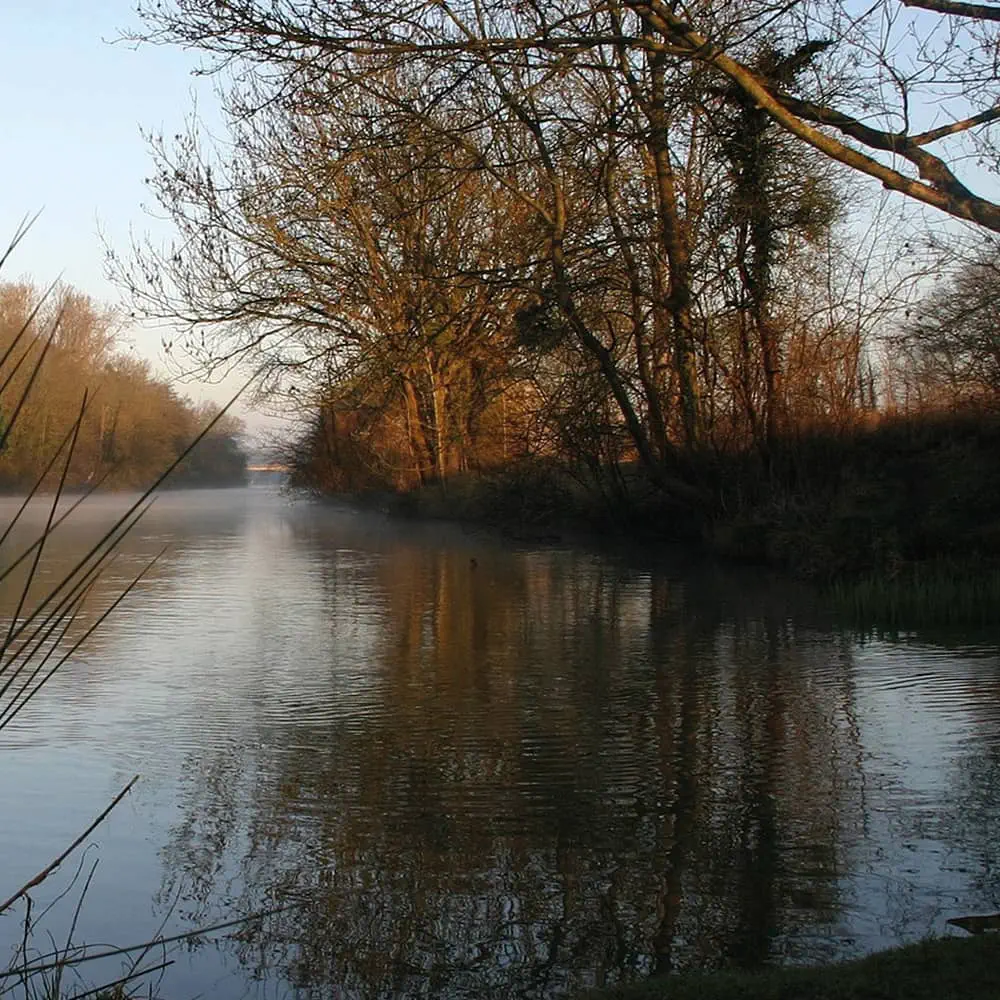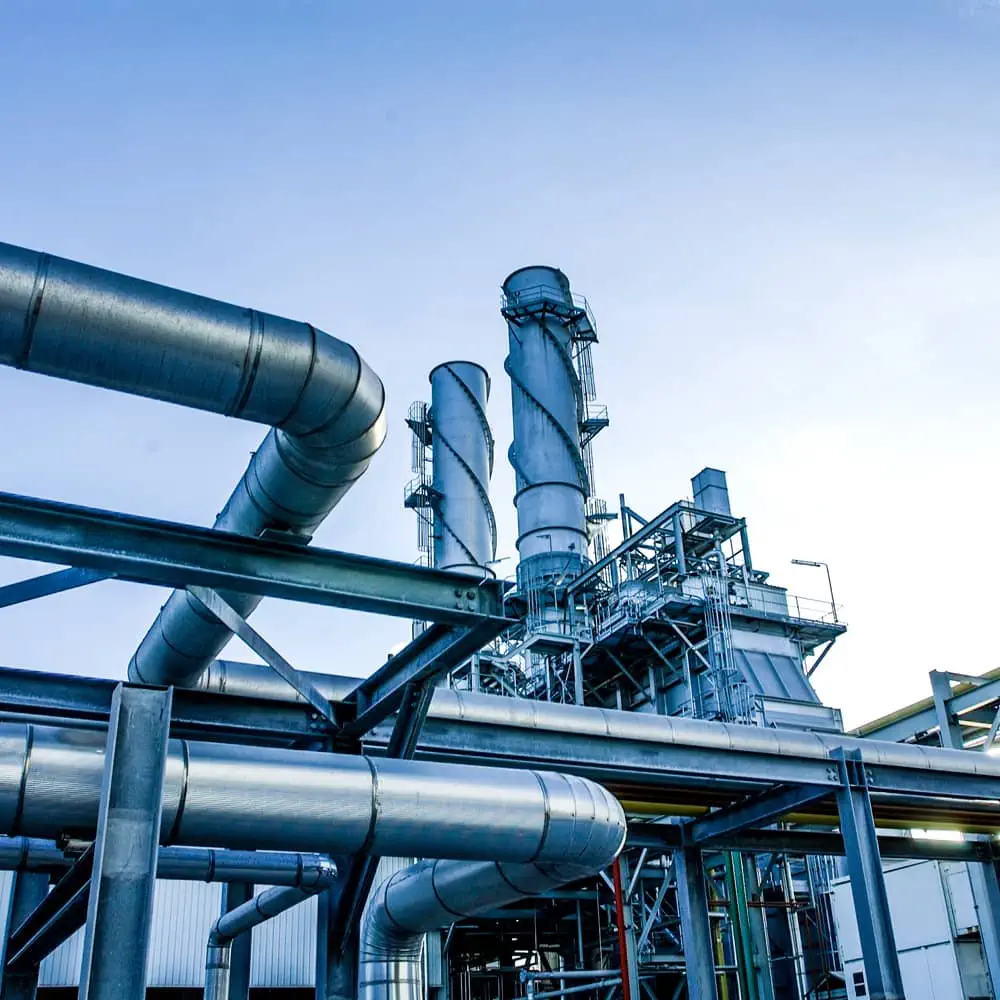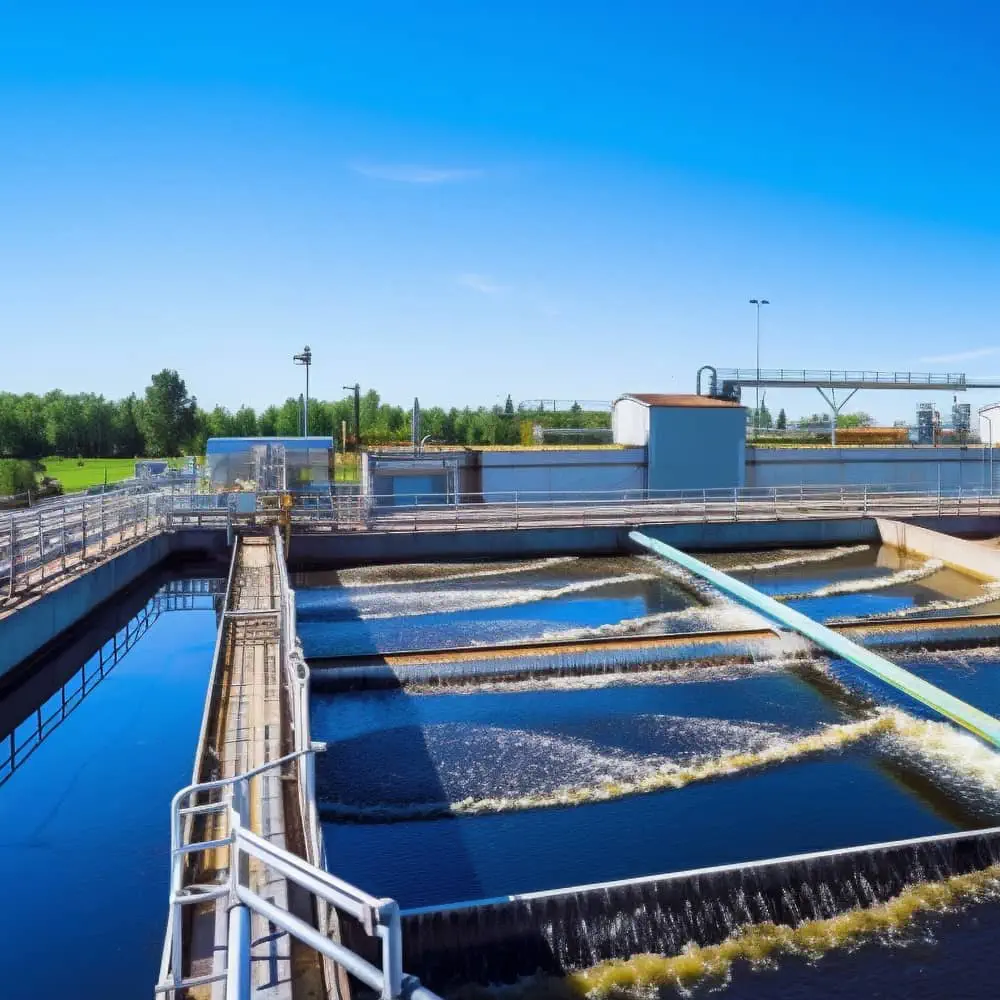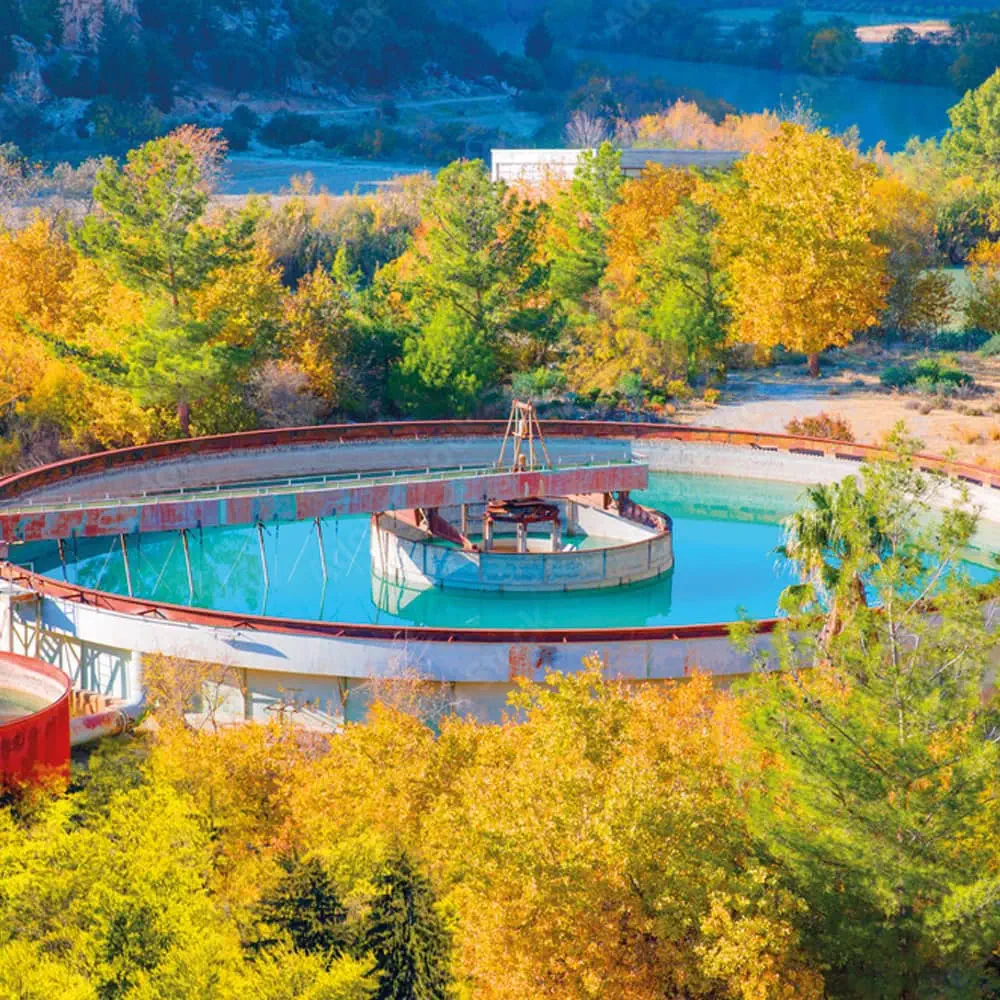Applications
The problem
Due to their physicochemical properties, PFAS are found ubiquitously in the environment and particularly in water. These chemical substances are made up of a carbon-fluorine bond that is highly stable and difficult to break down, making them extremely persistent in the environment. Some of these compounds have been classified as persistent organic pollutants (POPs) under the Stockholm Convention, and can also have toxic effects on human health and ecosystems.
The extent of PFAS contamination in French water is currently being assessed by the various health agencies. Actions are also taken to reduce sources of contamination as well as pollution of aquatic matrices.
This includes
- stricter regulations on the manufacture and use of these compounds in certain industrial sectors at national and European level,
- measures to guarantee water and environmental quality,
- massive investment in effective treatment technologies to remove these substances from effluents.
PFAS contamination of surface and groundwater, industrial effluents, landfills and wastewater treatment plants are therefore a major challenge for preserving human, animal and environmental health (One Heath).
In response to, SPUMA has developed a solution for treating PFAS in aquatic matrices. This natural bio-additive makes it possible to meet the challenge, and more specifically in surface and groundwater, industrial effluents, landfill leachates and wastewater treatment plants.
Surface water and groundwater
Surface water refers to all surface water masses in direct contact with the atmosphere. They play an essential role in the water cycle. They designate rivers, rainwater, lakes, seas and oceans but also water in the form of vapor and ice. This water runs off and infiltrates through the ground, then accumulates in underground reservoirs known as water tables. This water can rise to the surface to feed watercourses or serve a variety of purposes, such as drinking water supply, agricultural irrigation or industry.
The use of fire-fighting foams, agricultural spraying, industrial discharges, waste incineration, or any other product containing PFAS lead to their release into the environment and the contamination of aquatic matrices. These compounds leach through the soil and migrate to groundwater. These waters must then be purified. Our solution is an innovative solution specifically designed to treat and recycle contaminated matrices as part of sanitation projects.
This offer is intended for environmental rehabilitation operations carried out by public or private actors.


Industrial effluents
These compounds seep through the soil and migrate to groundwater.
These may be wastewater, chemicals or liquid waste requiring treatment before being released into the environment.
PFAS are widely used in industrial sectors, including agrochemicals, biocides, textile production, plastics, electronics, paper, etc., and present a proven risk of water contamination when they are disposed of by production plants.
SPUMA new solution is fast, biologically and cost-effective, enabling manufacturers to effectively manage their contaminated effluent over the long term.
Landfill leachate
There is a great diversity of waste, each requiring specific treatment adapted to its nature. Some are sent to recovery channels such as recycling or composting, while others considered as “ultimate waste” are incinerated at very high temperatures or sent to landfills. Water in stored waste condenses to form a leachate, concentrating hydrophilic pollutants.
The collected and heavily contaminated leachate must subsequently be treated. With a wide range of efficiencies, the technology developed by SPUMA makes it possible to treat PFAS pollution in leachates and to support players in the sector.


Wastewater treatment stations
In France, the task of wastewater treatment plants is to treat industrial and domestic wastewater in order to make it suitable for discharge into the environment and reused for various purposes. The presence of PFAS in wastewater from treatment plants is a major source of concern for guaranteeing water quality for the population and preserving the environment and ecosystems.
In response to the need for efficiency in existing treatment systems, the SPUMA solution fits in with wastewater treatment plants as a quaternary treatment, offering a simple, natural, economical and effective solution for treating PFAS.